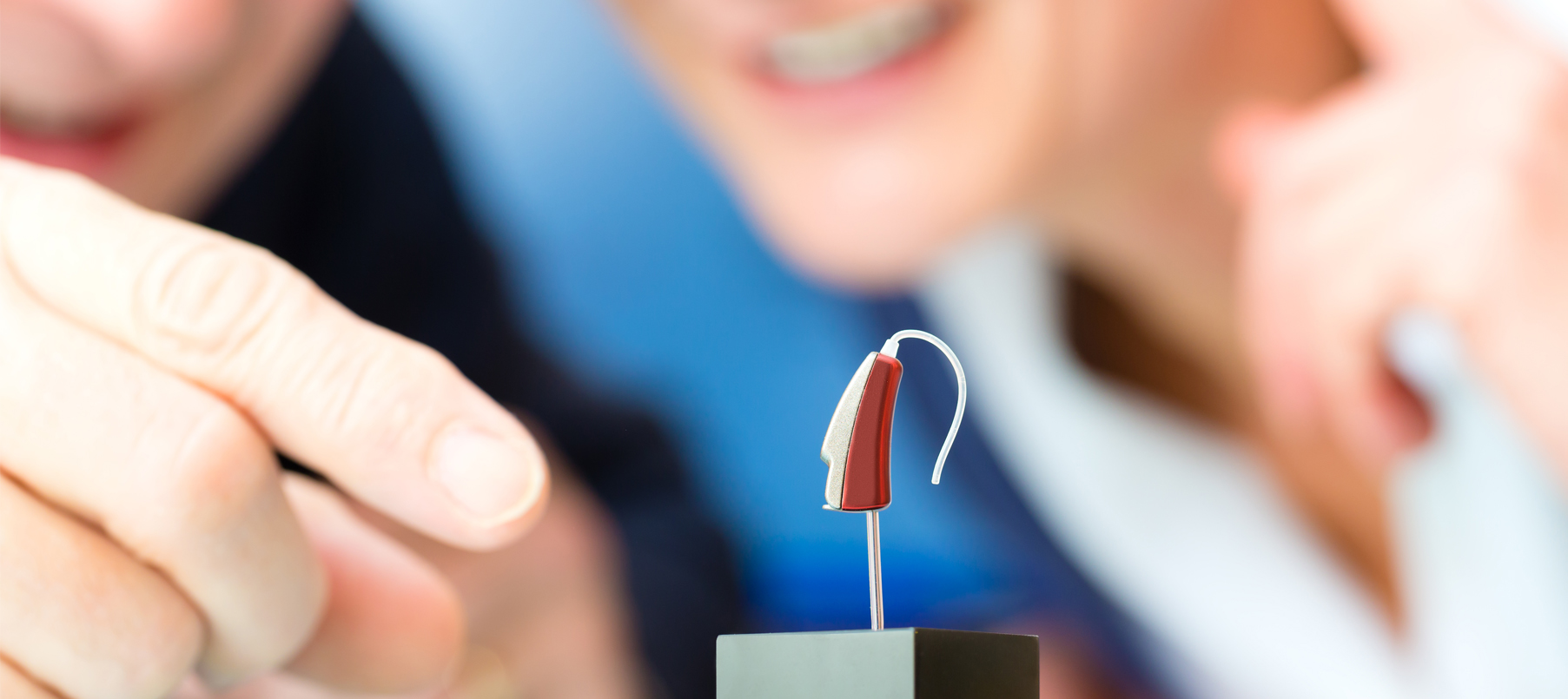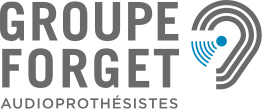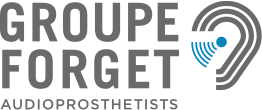
An audioprosthetist is a hearing health professional who sells, fits, adjusts and replaces hearing aids based on a written certificate from an ear, nose and throat doctor, speech therapist or audiologist.
Working closely with other hearing health professionals, audiologists take the appropriate measures to help patients adapt to their hearing aids or assistive listening devices. They also help people readjust to communication and the world of sound. This professional collaboration means every patient’s adaptation process is shaped to their particular needs.
What kind of education do you need to become an audioprosthetist ?
To become an audioprosthetist in Quebec, you need a three-year college diploma in audioprosthesis and a 600-hour practicum.
Audioprosthetists in Quebec must also be a member of the professional order (Ordre des audioprothésistes du Québec) and have a permit from the order.
Services provided by an audioprosthetist are available to people of all ages, including children, teens and adults.
Which hearing health professionals do audioprosthetists work with ?
The audioprosthetists at Groupe Forget work closely with other hearing professionals, including ear, nose and throat doctors (ENTs) and audiologists, as well as with the patient’s family.
ENTs:
Ear, nose and throat doctors (ENT, also known as otorhinolaryngologists) specialize in illnesses affecting the ears, nose and throat. They prescribe medication, surgery or a particular type of correction depending on the diagnosis.
To make an appointment with an ENT doctor, go to our partner’s website: Polyclinique de l’Oreille.
Audiologists:
Audiologists are health professionals who detect and help prevent hearing disorders and disabilities in adults and children. They recommend adaption strategies to improve communication and speech comprehension during conversation. Audiologists also recommend hearing solutions like hearing aids and assistive listening devices.
This hearing health professional also assesses problems such as tinnitus, hyperacusis and auditory processing disorder (APD).





